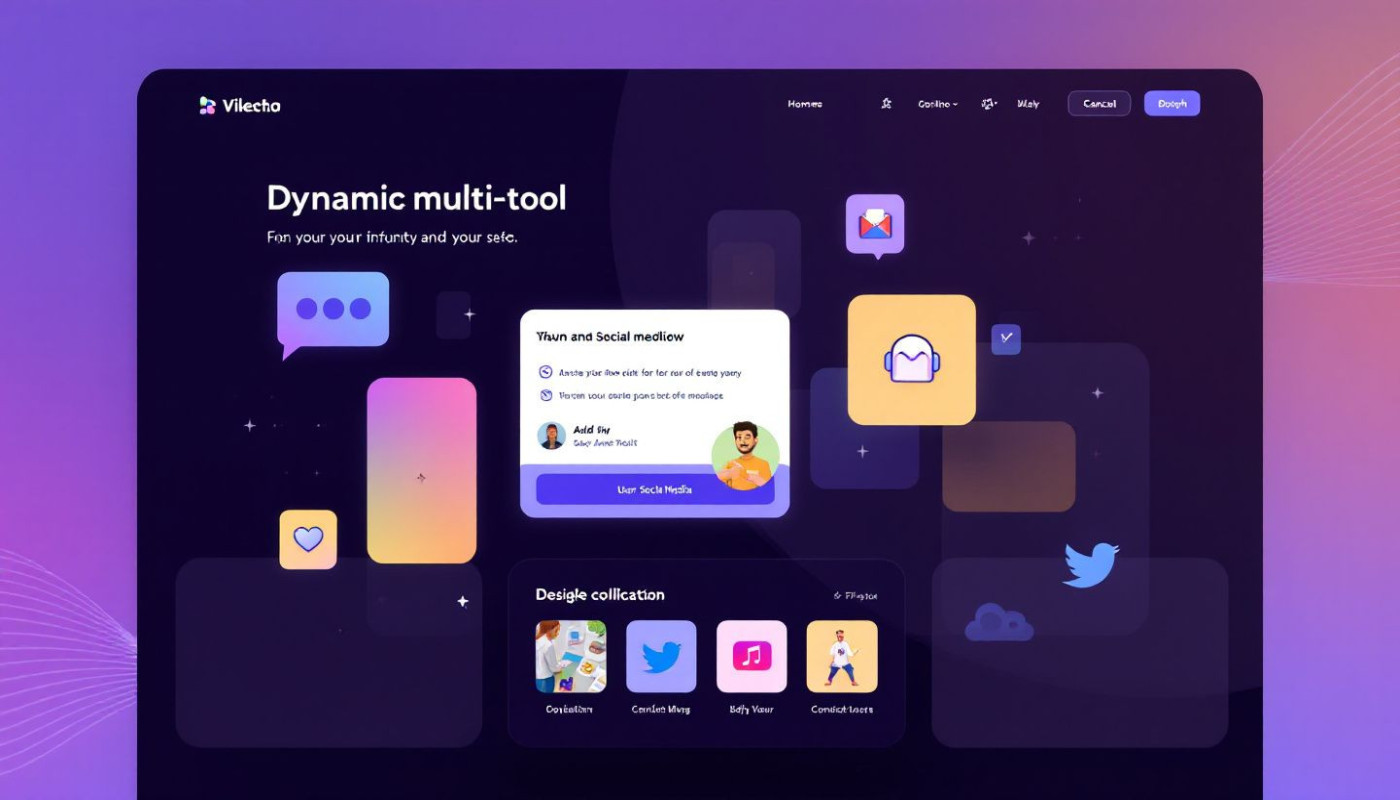Table of contents
In the digital age, thought leadership has become a pivotal element for professionals seeking to establish their expertise and influence within their industry. Podcasting, with its growing popularity and accessibility, presents an intriguing avenue for content strategy that may significantly amplify one's position as a thought leader. This exploration delves into the effectiveness of podcasting for thought leadership, inviting you to consider how this medium could be harnessed to enhance your voice and visibility in your field.
The Rise of Podcasting in Content Strategy
As digital media continues to evolve, podcasting has swiftly ascended as a compelling facet of content strategy, particularly for individuals aiming to establish or enhance their position as thought leaders. This surge in the popularity of audio content is not incidental; it reflects a broader shift in consumer preferences towards more personal and engaging forms of media consumption. Podcasting trends indicate that listeners are increasingly gravitating towards this format for its convenience and the intimacy it fosters between the host and the audience. In the realm of thought leadership, the medium provides a platform to delve deeply into topics, showcase expertise, and build a loyal community of listeners. A digital marketing strategist with a deep-seated understanding of the nuances of podcasting can attest to the value of leveraging auditory learning, which capitalizes on the human propensity to absorb information through listening. As a result, podcasting stands out as an innovative and dynamic component of content strategy that resonates with today's digital audience.
Building a Personal Connection Through Podcasts
Podcasts hold a unique position in the modern media landscape, offering a distinct conduit for audience engagement through the power of voice and storytelling. This audio medium excels at fostering a sense of intimacy between the listener and the host, crafting a bond akin to friendship, a phenomenon known as parasocial interaction. Such interactions are invaluable for thought leaders looking to elevate their personal branding. By regularly sharing insights and experiences in a conversational tone, podcast hosts can effectively engage in trust building, creating a loyal audience who believe in their authenticity and value their opinions. This personal connection, established over time, positions the host as a credible authority within their field, dramatically amplifying their influence. Furthermore, narrative podcasting leverages the art of storytelling to present complex ideas in a relatable and compelling format, thereby reinforcing the thought leader’s reputation and fostering a deeper, more meaningful connection with their audience.
Content Depth and Podcasting Flexibility
Podcasting stands out as a dynamic platform for thought leaders to convey expert insights with a level of detail seldom matched in other mediums. It allows for in-depth discussion that can thoroughly cover the nuances of a topic, affirming the host's authority in their field. The long-form content of podcast series lends itself to comprehensive knowledge sharing, inviting listeners to delve into the complexities of the subject matter alongside the host. Furthermore, educational content delivered through the auditory experience of a podcast can create a more intimate and direct line of communication with an audience. The flexibility of the podcast format enables experts to explore ideas and theories to their fullest extent, fostering a deeper understanding and engagement with the content.
Leveraging Podcasts for Network Expansion
Guest podcasting emerges as a dynamic method for thought leaders to enhance their social capital and unlock a wealth of networking opportunities. By featuring as a guest on relevant podcasts within their industry, thought leaders can tap into established audiences, fostering new industry connections and raising their professional profile. Conversely, hosting a variety of guests on their own podcasts not only enriches the diversity of content but also aids in constructing a tapestry of collaborative content. This synergy often leads to cross-promotion through various channels, amplifying reach and influence for all parties involved. Such strategic engagement effectively broadens one's network, potentially leading to joint ventures, partnerships, and unprecedented avenues for thought leadership proliferation.
Measuring the Success of Podcasts in Thought Leadership
Assessing the impact of podcasting as a content strategy for establishing thought leadership involves a nuanced analysis of various key performance indicators (KPIs). Analysts rely on analytics tracking to gain insights into listener behavior, which includes understanding how many new subscribers each episode attracts and the rate at which these numbers increase. Listener growth is a tangible metric that reflects the widening reach of a thought leader's voice. Engagement rates, such as the average amount of time spent listening, frequency of social media shares, and audience comments, further illuminate how compelling and resonant the content is. Additionally, thought leadership metrics may involve surveying listeners for qualitative feedback on the influence the podcast has had on their professional perspectives. To round out the evaluation, the ROI of podcasting can be quantified by correlating the investment in the medium with outcomes like enhanced brand reputation, networking opportunities, and even direct business leads. By meticulously examining these indicators, thought leaders can strategically refine their podcast content to maximize their impact within their respective fields.






